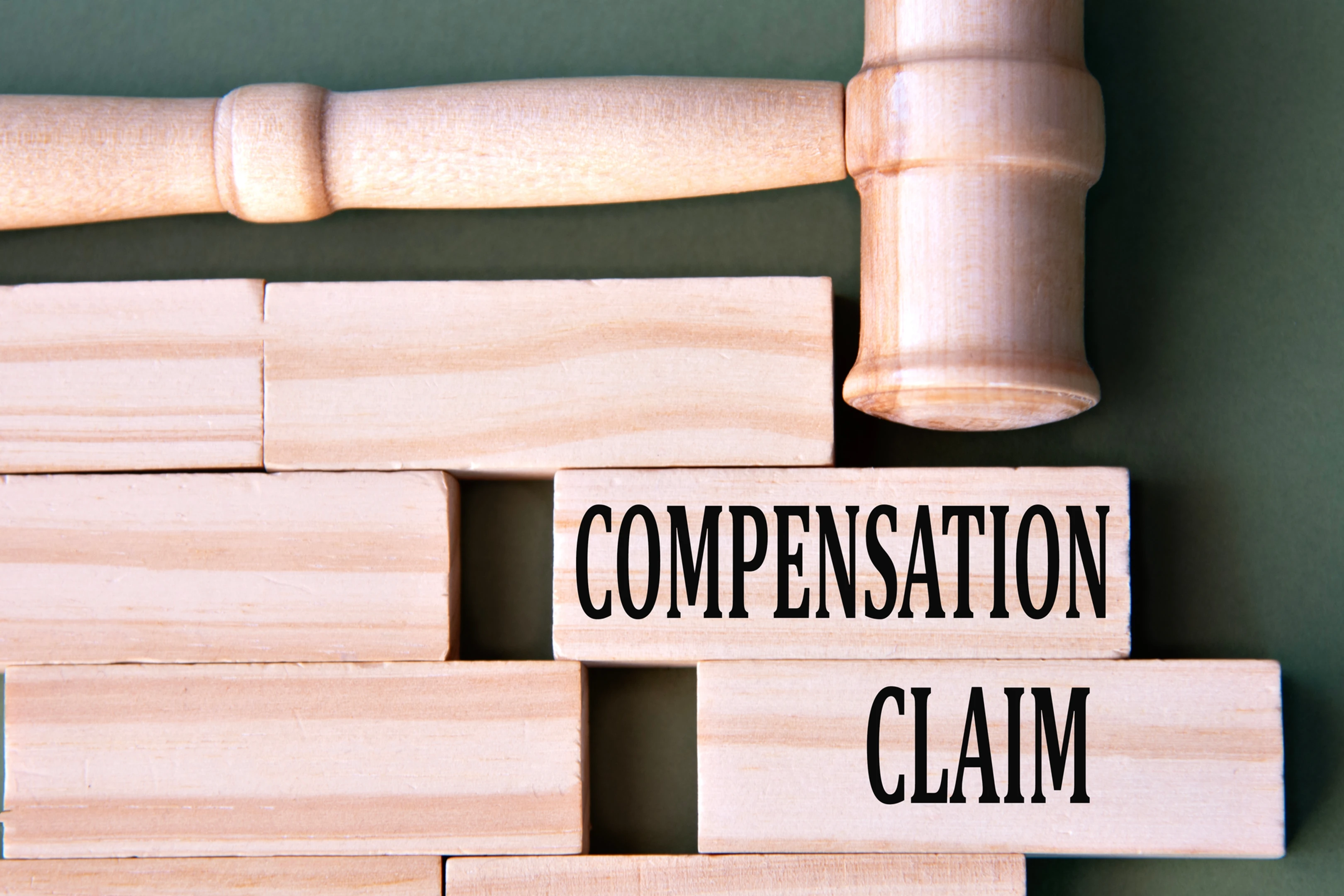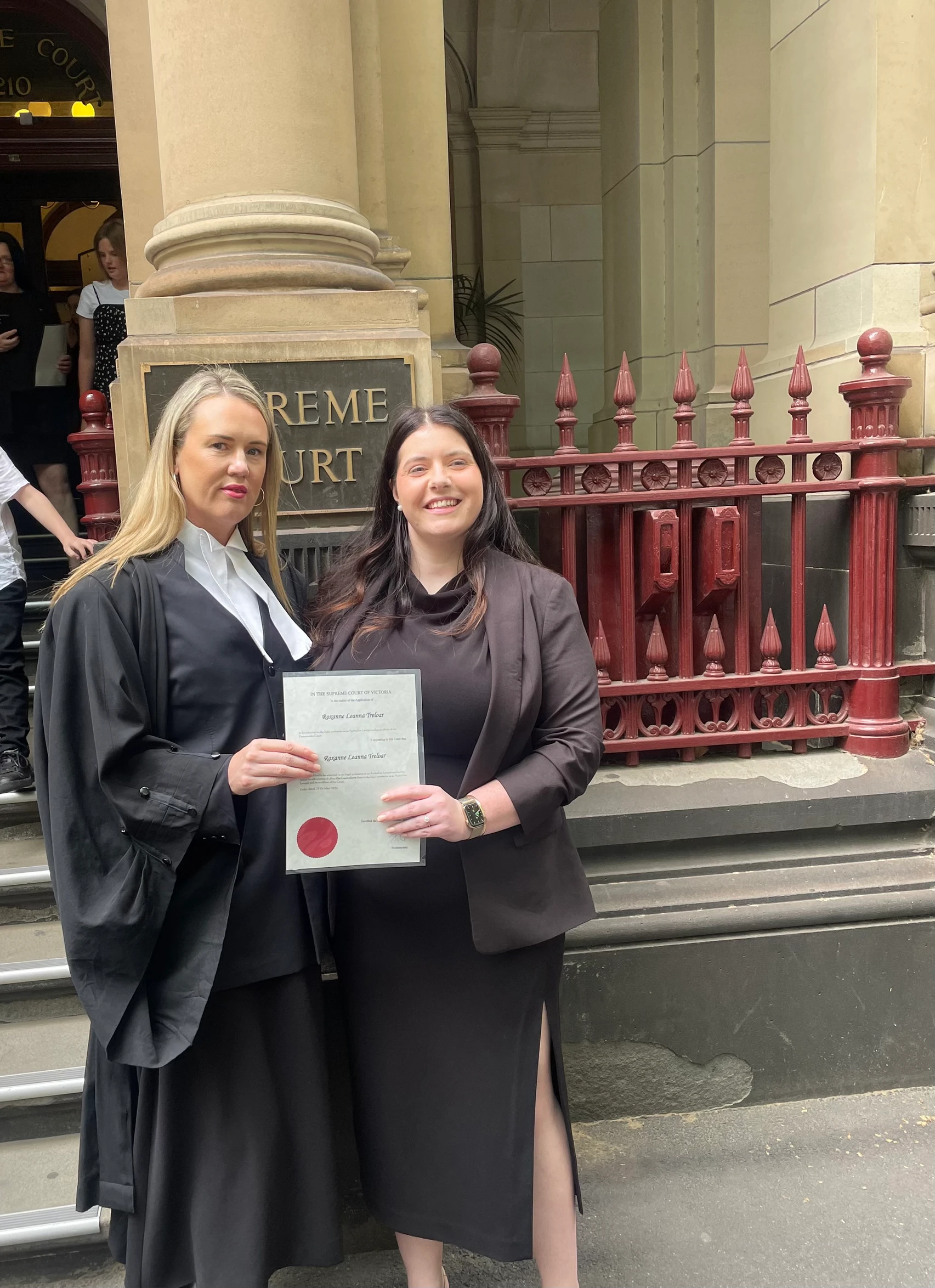Family & Relationships
Bank of Mum & Dad
August 29, 2024
2
min read

If you are considering providing financial support to your child/ren to purchase a home, we strongly recommend consulting with one of our lawyers to discuss your specific situation before offering financial assistance to your child/ren.
It's crucial to have independent legal advice, separate from the lawyer representing your child/ren.
There are important factors to consider before making any financial commitment:
Will the Money Be a Gift or a Loan?
A Gift
You might be willing to give the money to your child as a gift, but it's essential to understand that certain situations could result in that gift being lost.
- Third-Party Rights: If your child is married or in a domestic partnership, their partner may have a claim to some of the property’s equity if the relationship ends. Additionally, if your child declares bankruptcy, the bankruptcy trustee might have the right to sell assets, including those acquired with your gift.
- Death: If your child passes away and the property is jointly owned with a spouse or partner, that person would inherit the entire property. If you die, the gift could lead to unintended disparities among the beneficiaries of your will.
- Pension Entitlement: Giving a gift could affect your pension eligibility. It's advisable to consult with Centrelink before making any gifts.
A Loan
Even if you trust your child to repay the loan without a formal agreement, this might not fully protect your funds. The money could still be lost under the same circumstances mentioned in the gift section.
Here are some recommendations and risks to consider:
- Written Loan Agreement: The loan agreement should be documented and signed by all parties after each has received independent legal advice. Initially, everyone might agree on the arrangement, but over time, memories can fade, details may be misremembered, and circumstances can change, even in the closest family relationships. It's also important to be able to prove the terms of the agreement to banks, creditors, Centrelink, or in legal situations like bankruptcy or family court.
- Securing the Loan Against the Property:
- First Mortgage: This is the best security, ensuring that the property can't be sold without settling your interest first. While other claims may be registered against the property title, your mortgage generally takes precedence.
- Second Mortgage: If your child already has a first mortgage with a bank, a second mortgage is the next best option. In the event of a sale, the first mortgage (including interest and costs) will be paid first, with any remaining funds used to repay your loan.
- It's crucial to understand the amount owed under the first mortgage and your child's ability to increase those borrowings, as this affects the equity available to repay your loan. The mortgage should be registered on the title for proper protection. While registering a caveat based on an unregistered mortgage is possible, it is not the most secure option. A caveat only notifies others of your interest in the property but doesn’t give you the right to sell the property to recover your loan without a court order.
We can guide you through the process of registering a mortgage and provide cost estimates.
Co-Owned property by your child/ren and their partner?
If the property securing your loan is owned jointly by your child/ren and their spouse/s or partner/s, both owners should sign the loan agreement and mortgage. This allows you to secure the entire property and simplifies enforcing the mortgage if needed, especially if your child passes away, leaving the property to their partner. Registering and enforcing a mortgage over just your child's share can be complex and costly.
What Happens to the Loan If You Die?
Consider what should happen to the loan if you pass away before it is repaid. You may need to update your will to address this.
Timing
It is important that you do not disburse the funds until the loan agreement and mortgage are signed by all parties.
Advice
Your best protection is informed advice, contact our experienced team to find out more 03 5752 1255



